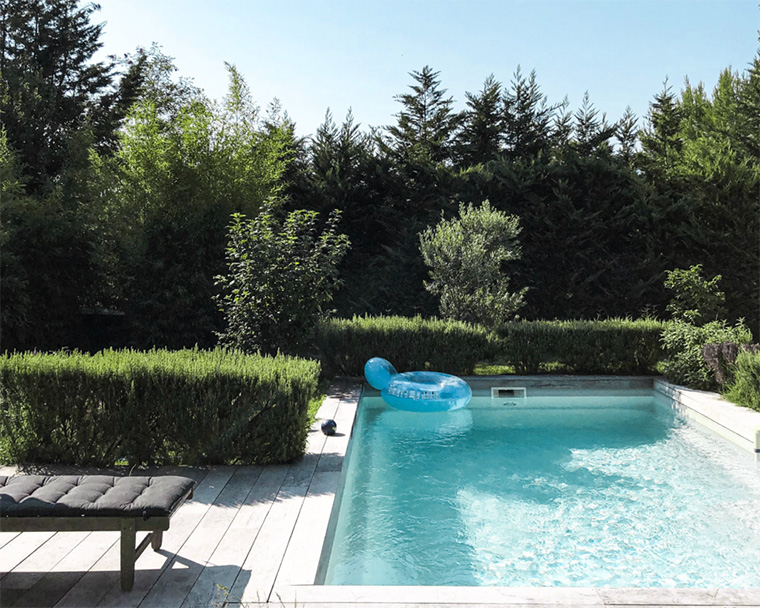
Alongside the clink of flutes with bubbles and the cricket on TV, the sound of children water-bombing in neighbouring backyards is one of the quintessential calling cards of the summer holidays.
The backyard pool is the hub of fun at holiday time. From sun-up to sun-down, laughter provides the soundtrack to cousins being tipped off inflatables and dad’s attempt to fit his love handles into last summer’s boardies.
But, equally, pools are areas that must be respected.
In summers gone by, we’ve heard too many tragic tales of fatalities in pools – especially young children who can’t comprehend the dangers.
Vigilance on the behalf of adults in and around the pool is a must. Erecting and maintaining a reliable pool barrier is another.
This summer, pool fencing requirements became more regulated. Municipal councils throughout Victoria are now tasked with maintaining a record of certified pools in their jurisdiction.
So, what are the obligations for you?
Getting safety a certificate for my pool fence
Under the new state laws in Victoria, pool owners need to source a certificate of barrier compliance.
Once the pool or spa has been registered with the council – this is the responsibility of the pool owner – the council will notify the owners that they need to provide a certificate of compliance for the surrounding pool fence by a set date.
You need to organise a registered building surveyor, registered building inspector or municipal building surveyor to undertake the inspection and issue the compliance certificate.
If the barrier does not meet legal standards, it is the owner’s responsibility to correct the fence so it is compliant.
How do you know if the new laws relate to your pool?
The new laws relate to any structure that is capable of holding more than 300mm (30cm) of water – pretty much every recreational bathing structure.
This includes:
- permanent pools
- above ground pools
- indoor pools
- hot tubs
- bathing or wading pools
It can also relate to some relocatable pools. But, on the whole, relocatable pools that don’t have multiple components or require assembly aren’t subject to the new laws ie inflatable pools.
How long do I have to provide certification?
Once you have registered your pool with the council, the council will notify the owner of the receipt of the pool, including the date of construction of the pool and the applicable barrier standard required. (There will also be options for the owners to dispute the date of construction / completion of the pool if they do not agree with the council’s determination).
| Swimming pool construction date | First certificate of swimming pool barrier compliance due date (Form 23) |
| 30 June 1994 or earlier | 1 June 2021 |
| From 1 July 1994 until 30 April 2010 | 1 June 2022 |
| From 1 May 2010 until 31 May 2020 | 1 June 2023 |
| Constructed without a building permit before 1 June 2020 | From 1 June 2021 |
| On or after 1 June 2020 | At the time of applying for registration |
| The date the relocatable swimming pool was last erected as specified in the application form (Form 22) | No later than 30 days after the date yje pool was registered |
You need to maintain your barrier so that every four years you can renew its compliance certificate.
What if I don’t register my pool or secure a barrier safety certificate?
Put simply, failure to do this is an offence.
A penalty of $1652.00 can be imposed for non-compliance.
But – even worse – you can run the risk of having a fatality occur in your backyard.
You will need to pay a nominal fee to the council when you lodge the certificate.
What if I live in an apartment complex?
When a pool or spa is on common property managed by an owners’ corporation. The owners’ corporation is responsible for arranging the registration, inspection and certification of the pool or spa barrier.
Enjoy peace of mind in the backyard this summer season
Summertime is a great time of year – when memories are created and laughter is shared.
The State Government’s new laws aim to maintain the backyard pool as a place of pleasure, not pain.


